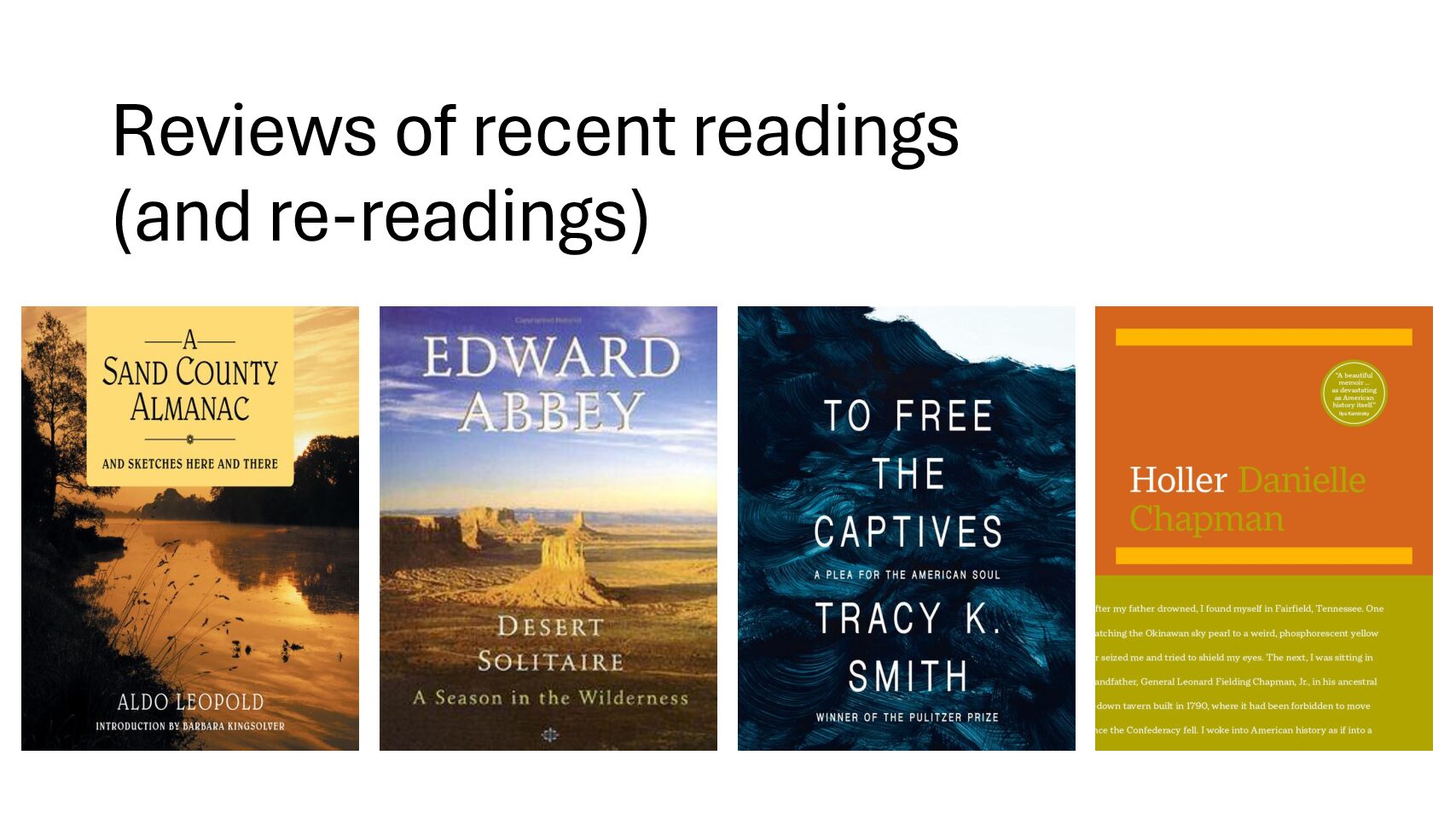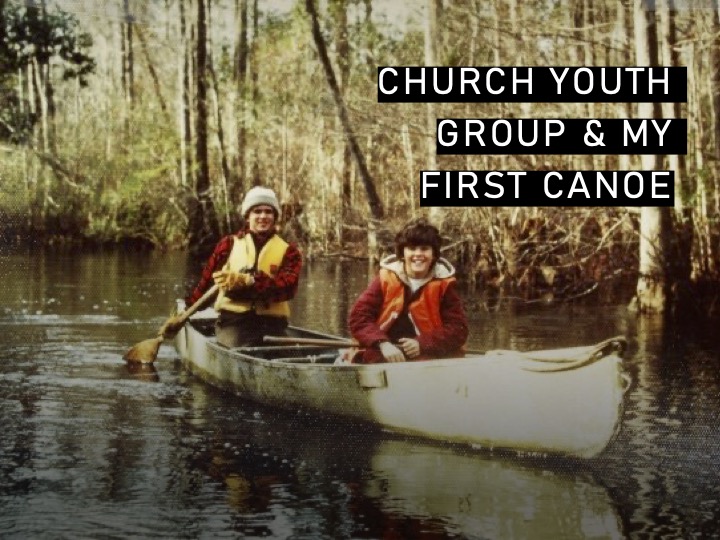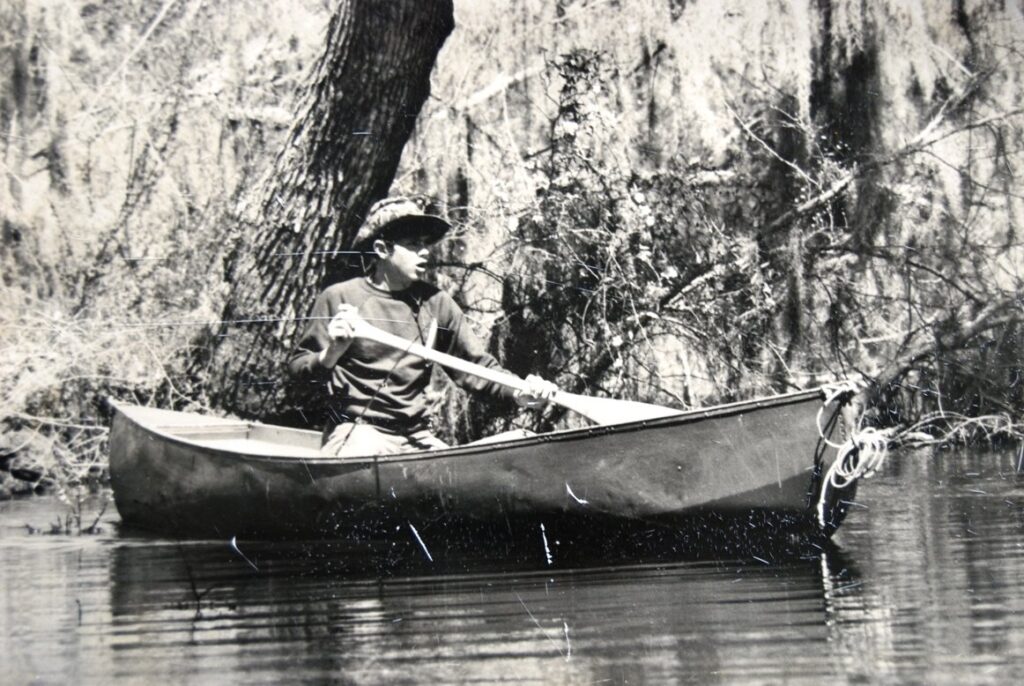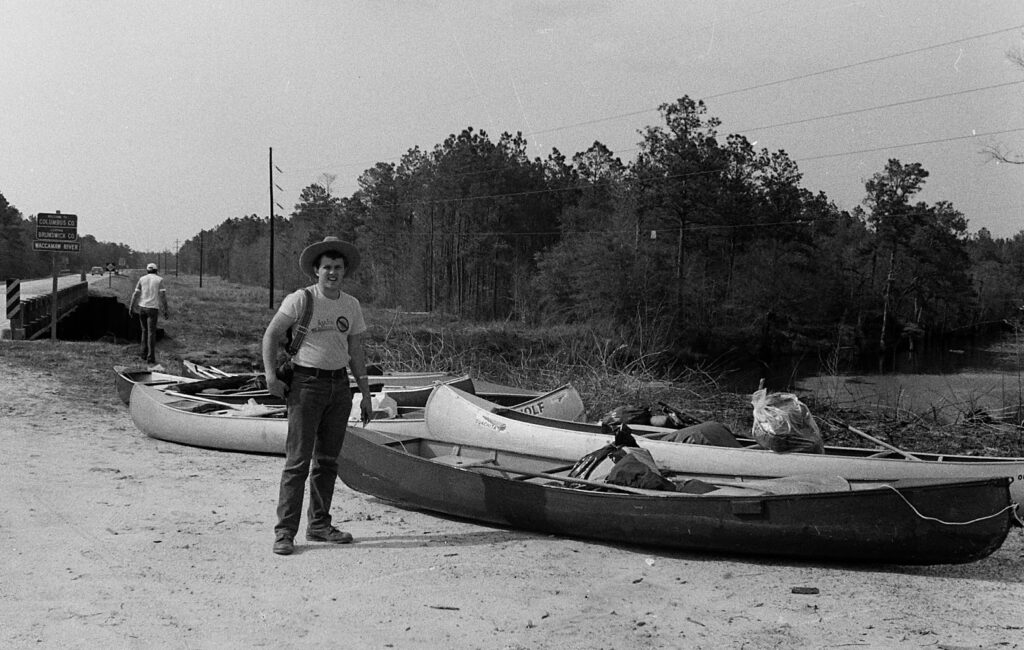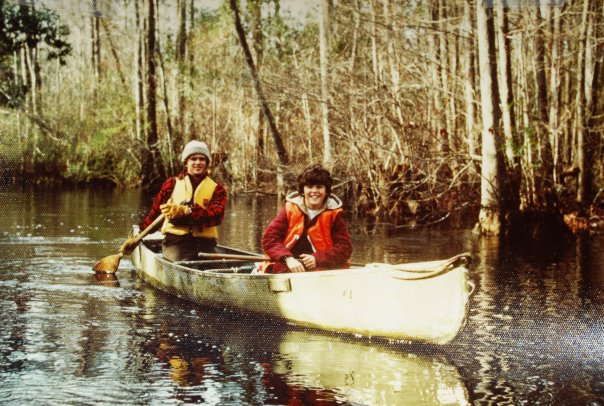With the construction of an addition on my home wrapping up, I haven’t had much time to read. But I’m looking forward to reading a lot of books on the back deck or (if raining) the front porch. Two of these books came back with me from Calvin’s Festival of Faith and Writing this year. Both memoirs are written by poets. Their use of language is enchanting. The other two are books previously read and I listened to them while walking or driving.
Tracy K. Smith, To Free the Captives: A Plea for the American Soul
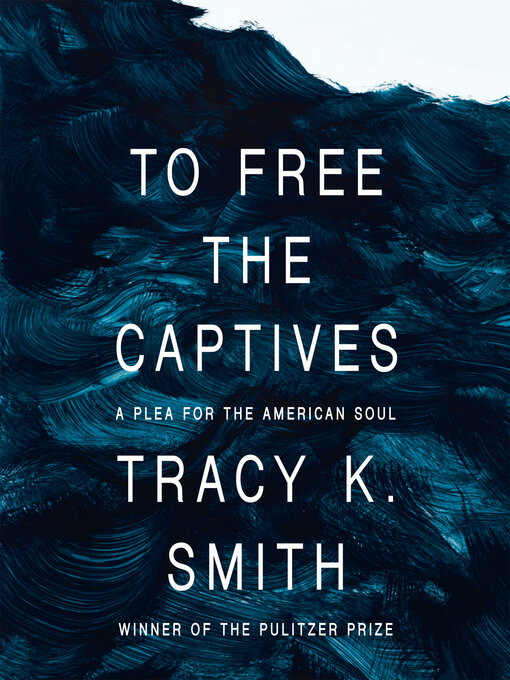
(Borzoi Book/Alfred Knopf, 2023), 265 pages with a few family photographs.
Drawing on her family history, Tracy Smith encourages her readers to foster community and to help create a better America. As an African American, she is a descendant of slaves. Her own father was an accomplished and high-ranking Non-Commissioned Officer in the American Air Force. He even worked on space projects afterwards. Yet even he suffered because of his skin pigment. So did her uncles and grandfathers who served in a segregated military during both World Wars. Her mother encouraged her as she sought to help her family thrive even despite challenges.
Smith tells of her family’s history as if she’s discovering it for the first time. In this fashion, it seems to jump around, but this is not a distraction. It is as if she is sharing her story of discovery with her reader. She also shares her own journey, especially the hard moments of losing one and the other parent and of a divorce. She also shares a visit to a Southern Plantation. There, she has an imaginary conversation with a former slave. She also shares a dream of her carried across the ocean as an enslaved woman on the middle passage. While she finds herself “freed,” she realizes it’s not the same as being a part of the “free.”
Tracy Smith has served as the Poet Laureate of the United States and has received the Pulitzer Prize. She brings her training as a poet into her essays, making the book a delight to read. Her story, being African American, as one of the “freed” in a land of the “free” is worthwhile reading from those of us who come from a different background.
Smith was a keynote speaker at Calvin University’s Festival of Faith and Writing this year. She blew us away with the poetry used in her presentation. I hope to read some of it, but her books of poetry at Calvin sold out quickly.
Danielle Chapman, Holler: A Poet Among the Patriots
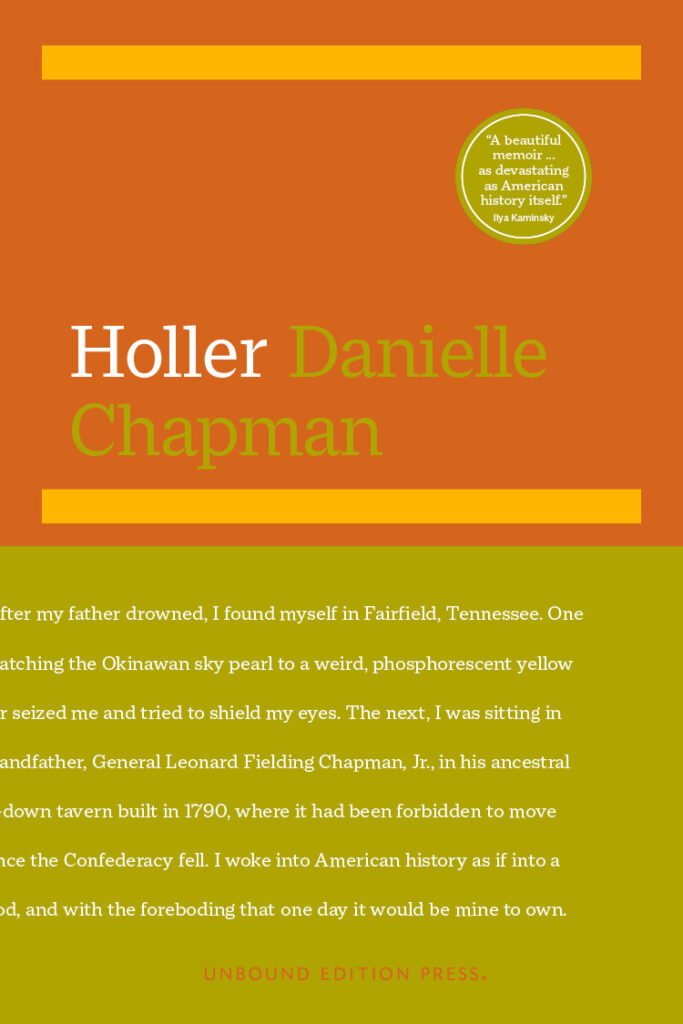
(Atlanta: Unbound Edition Press, 2023), 185 pages
This is a hard yet delightful memoir. Chapman begins her story as a young child on a beach in Okinawa. Her father, stationed on the island as a Marine, drown and her mother nearly drowned. Into her life stepped her paternal grandfather, a former Commandant of the Marine Corp. He brought his daughter-in-law and daughter (Chapman) back to his home outside of Washington DC and took care of them . Being included in this family meant summer trips to an old family cabin in Tennessee. The cabin, where nothing had changed since the Civil War, had been built as a saloon during the early years of our nation. There, she learned of her family’s mythology, including those who had fought in the American Civil War, and the descendants of the slaves the family owned.
Because of her grandfather’s prominence in the military and government, she grew up around heroes and those with power. While she questioned some of their attitudes, especially about race. How could a man be so brave and endure so much and yet hold such attitudes, she wondered. She even questioned her own grandfather. However, he remained loyal to her and after her death, she learned some of the things he had down while leading the Marine Corp to help African American marines fit better into the Corp. He also fostered building relationships with those descendants of his Civil War ancestors, which continues after his death with annual reunions.
Chapman shows us through her own family how we all have faults and yet, despite our failures, can overcome and thrive. Primarily known as a poet, Chapman’s command of the language makes this memoir a joy to read.
I heard Chapman lecture twice at the Festival of Faith and Writing at Calvin University in April.
Edward Abbey, Desert Solitaire: A Season in the Wildness

(1968, Tandor Audio, 2011) 11 hours and 31 minutes. Read by Michael Kramer
This is my third time through this book. It’s been nearly 30 years since I read it the second time, shortly after moving to Utah. I learned about Abbey and his writing while living in Nevada in the late 1980s and have read all but one of his books. That one is hard to find. This time I listened to the book while walking and driving. I’d somewhat forgotten just how radical the anarchist Abbey can be. Sarcasm pours through his words and he attacks his employer (the National Park Service), technology, religion, and humankind. He can love cowboys but hate cow herding. But Abbey is also a man passionate about nature and the world. He makes careful observations of nature and brings alive a place in which many people consider hostile. He’s well read. In this non-fiction work, he often refers to the writings of others.
Abbey writes the book as if he spent the summers alone at Arches National Monument. Arches is now a National Park but didn’t receive that status until long after Abbey’s departure. Abbey spent five years working at Arches, but he tells the story as if it was only one season. While he wrote the story as if he’s a solo ranger, since my first readings of the book, I have learned that wasn’t the case. Part of the time Abbey worked at Arches he had a wife and even a daughter, according to another writer, Paul Scott Russell.[1]
While much of the work focuses on his time at Arches, when not working as a ranger, he helps neighboring cattlemen as they round up cows. He also joins with other federal employees from other agencies, (including his own brother), looking for a lost tourist near Dead Horse Point. The found the man dead. He searches for a renegade horse up a dry canyon. With a friend, he spends a week floating through Glen Canyon. This was before a dam flooded the canyons to create Lake Powell. Along the way, Abbey helps his reader to understand the unique landscape lost to the flooding of the canyon.
While there is a rough edge to Abbey, I think his voice still needs to be heard. He reminds us to take a second look at the world we inhabit and to find beauty in areas many overlook.
Aldo Leopold, A Sand County Almanac
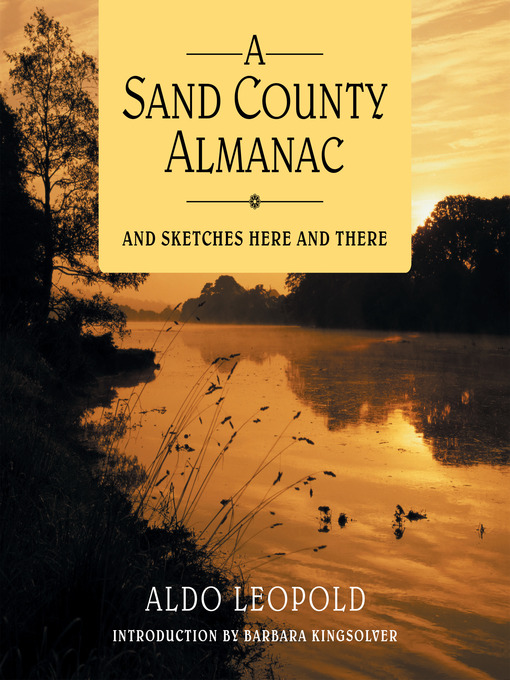
(1949, HighBridge published the audible version in 2020, 4 hours and 16 minutes), narrative by Cassandra Campbell.
I first read this book in the late 1970s, as a college student. It is a classic conservation text. Leopold, works through the year, month by month, delighting his readers with his descriptions of his farm in central Wisconsin. Each month brings new discoveries. The author not only grounds himself in the spot where he would retreat every weekend (he taught at the University of Wisconsin), but also recalls others who have lived on this land.
One of his monthly essays involved cutting an oak which had died the previous year by a lightning strike. Using a long saw with two cutters on each end, Leopold recalls what the tree witnessed during each decade as they cut into a new set of growth rings.
Even in the 30s and 40s, when Leopold collected these stories (they were published after his death), he understood how we were losing our connection to the land. Considered the father of conservationism, Leopold’s vision is for his readers to understand their connection to the land and to all living things. While many may question his love of hunting, for Leopold it’s done out of a higher love for the land. In his writings, he recalls getting up early and the positioning of the stars. He muses on the migration of animals and the use of well-kept tools. Leopold observes and records. .
I think everyone should read this book. After forty-some years, I was glad to pick it up again. While I listened to the book, I often referred to the pages of my hard copy, cherishing Leopold’s vision. The audio version also included a wonderful essay at the beginning by Barbara Kingsolver.
A quote: “The Lord giveth and the Lord taketh away, but He is no longer the only one to do so. When some remote ancestor of ours invented the shovel, he became a giver; he could plant a tree. And when the axe was invented, he became a taker; he could chop it down.”
This audio book I listened to consists just of Leopold’s Sand County Almanac. The version on my shelf includes additional essays.
[1] Russell, author of A Private History of Awe, said this at Calvin’s Festival of Faith and Writing years ago. He said Annie Dillard (A Pilgrim at Tinker Creek) wasn’t alone when she wrote her solo stories.

